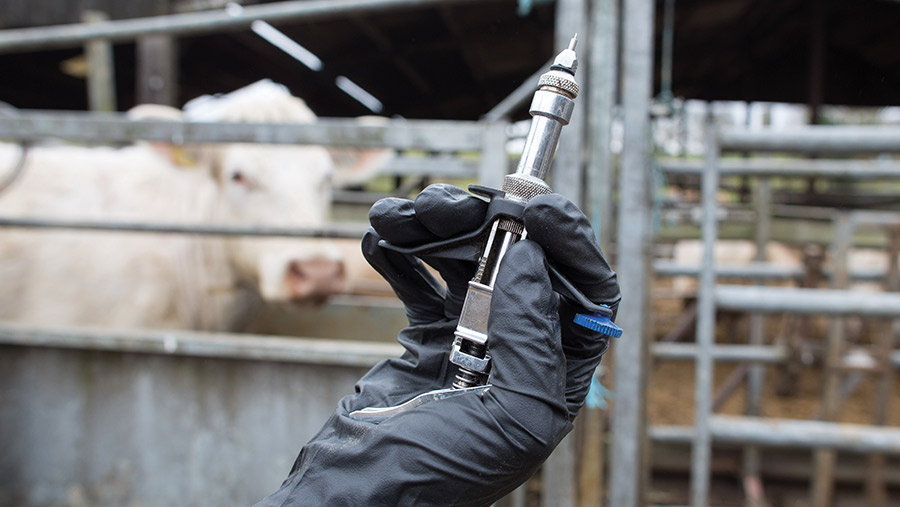NI TB strategy includes badger cull and compensation cuts
 © Tim Scrivener
© Tim Scrivener Badger culling and compensation payment cuts have been set out in a proposed strategy to eradicate bovine TB in Northern Ireland.
The proposals, unveiled by the Department of Agriculture, Environment and Rural Affairs (Daera) on 16 July, also include increased cattle testing and badger vaccination programmes.
Daera said its preferred control measure would be a non-selective badger cull via controlled shooting. The cull would be set up and paid for by farmer-led companies, it added.
See also: Welsh farmers call for bovine TB action as 10k cattle killed
Launching a two-month consultation on the proposals, Daera agriculture minister Edwin Poots said he understood culling would be controversial, but doing nothing was no longer an option.
Current measures to control bovine TB cost the NI Assembly £40m a year, but stress and animal suffering continue unabated, Mr Poots said.
“This cost is simply not sustainable. To eradicate TB, all factors that contribute to the spread and maintenance of the disease in the environment must be addressed through a new holistic approach.
“Wildlife, and badgers in particular, are a significant factor in the maintenance of TB in cattle. It is essential that the overall TB infection load in badgers is reduced,” he said.
“Once this has been achieved it is my intention to move as quickly as possible to a vaccination-only approach.”
Compensation cuts
Mr Poots added that almost half the £40m annual costs were spent on compensation for farms suffering TB breakdowns in their herds.
To cut the bill, the strategy proposes that compensation rates should be cut from the current 100% of an animal’s market value to 75%, with a £5,000 cap for each animal removed.
The strategy also sets out increased testing regimes for TB in both wildlife and cattle.
Ulster Farmers’ Union (UFU) president Victor Chestnutt described the plans as “a step in the right direction”, after years of inaction.
“Meaningful action to control the disease in wildlife in a way that is evidence-based and cost-effective, needs to be put in place in Northern Ireland to protect cattle,” he said.
Further information
- The consultation closes on 10 Sep 2021
- Read the full consultation document on Daera’s website
- Have your say on the measures via the online consultation
- Or contact Daera via email: TBBR.Policybranch@daera-ni.gov.uk
